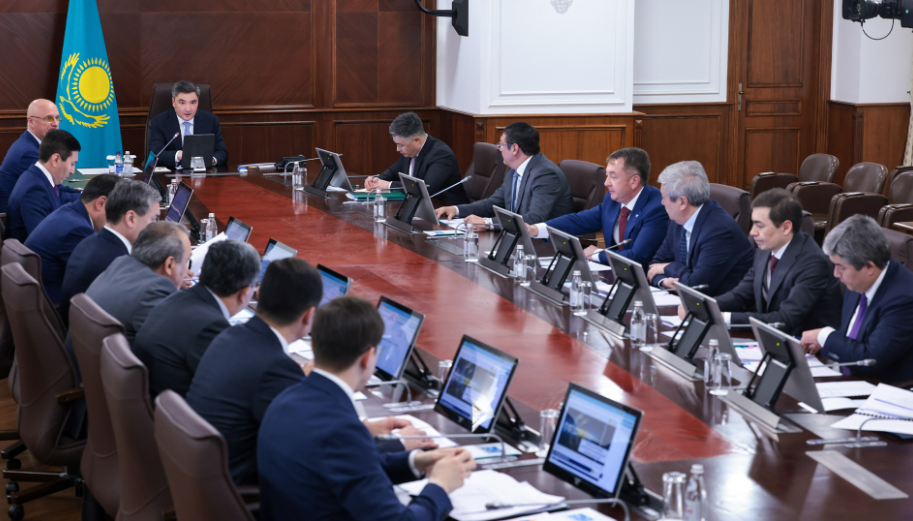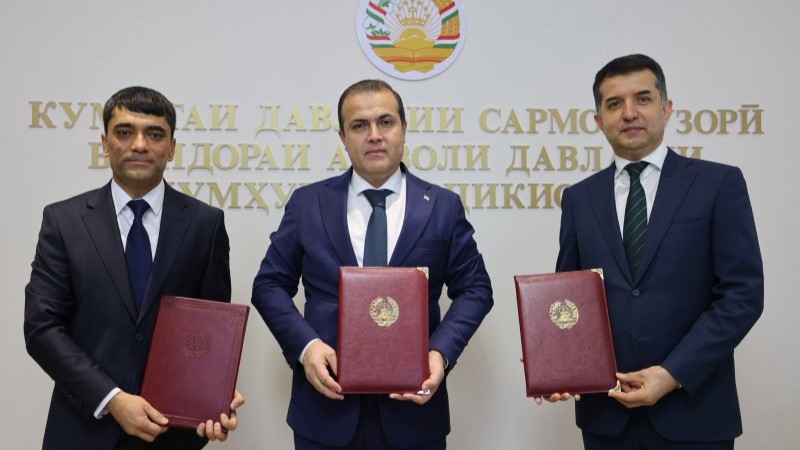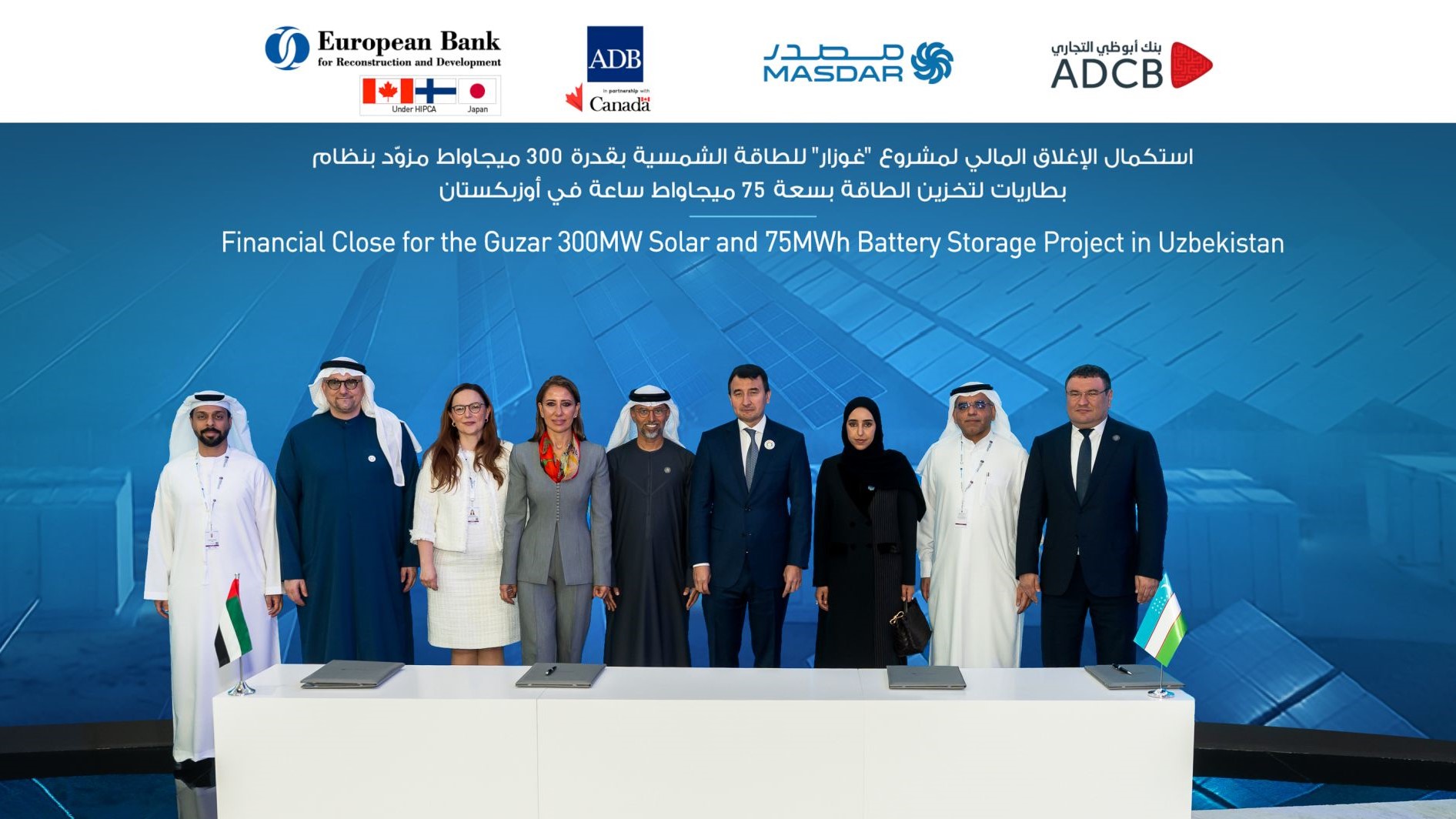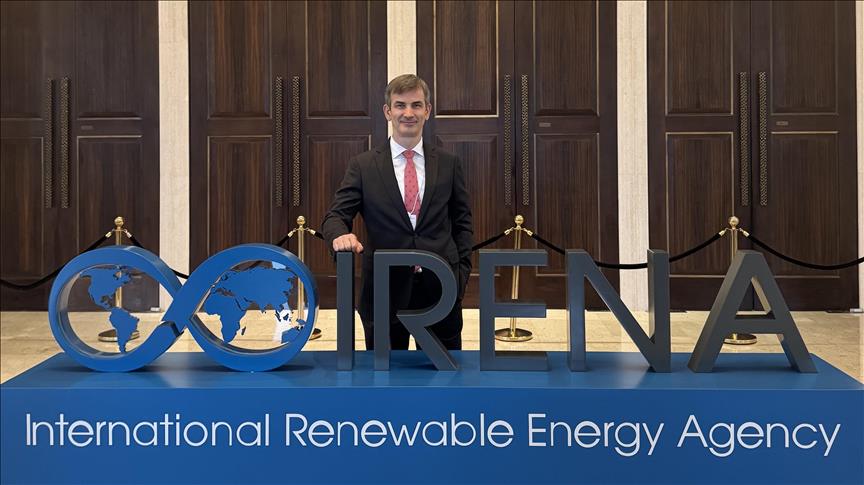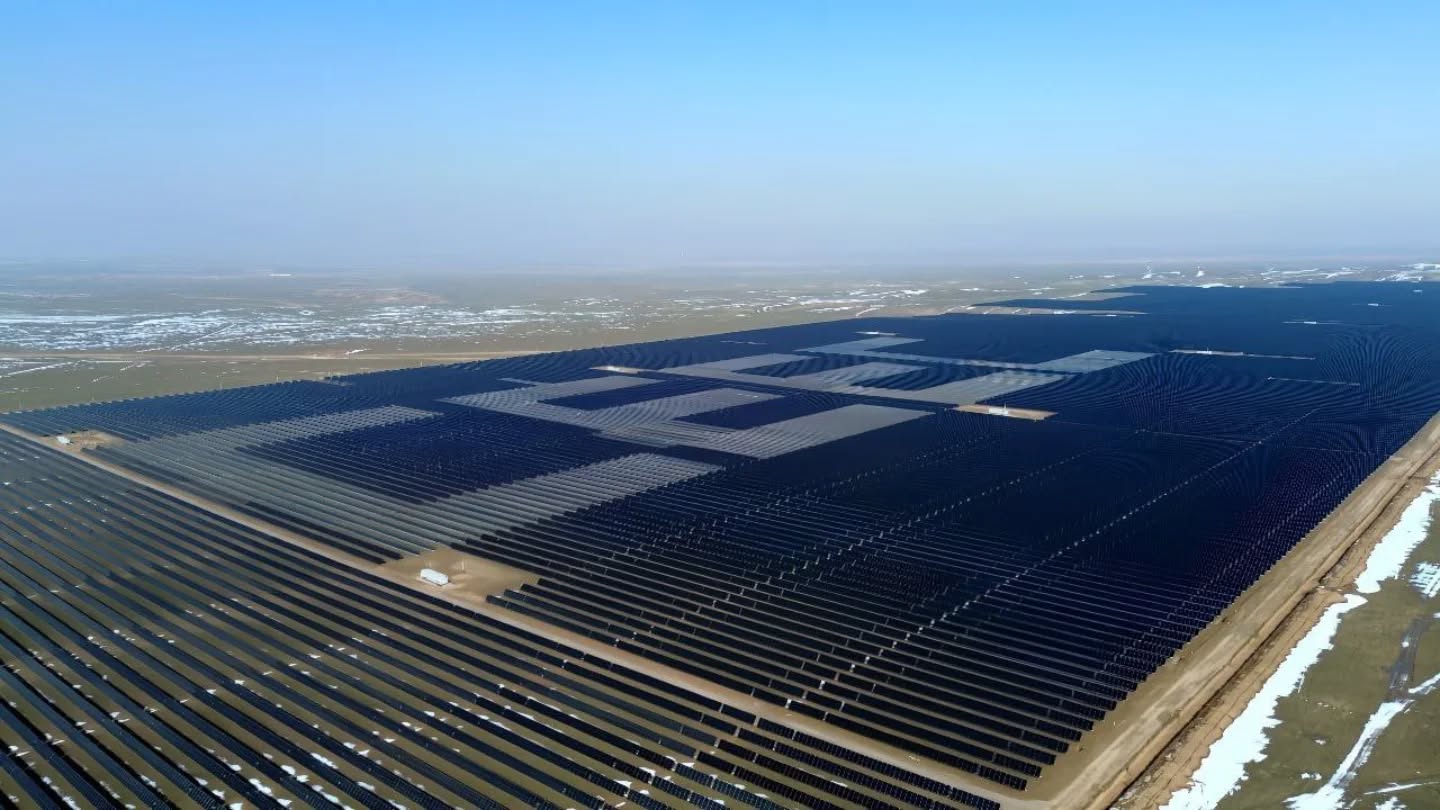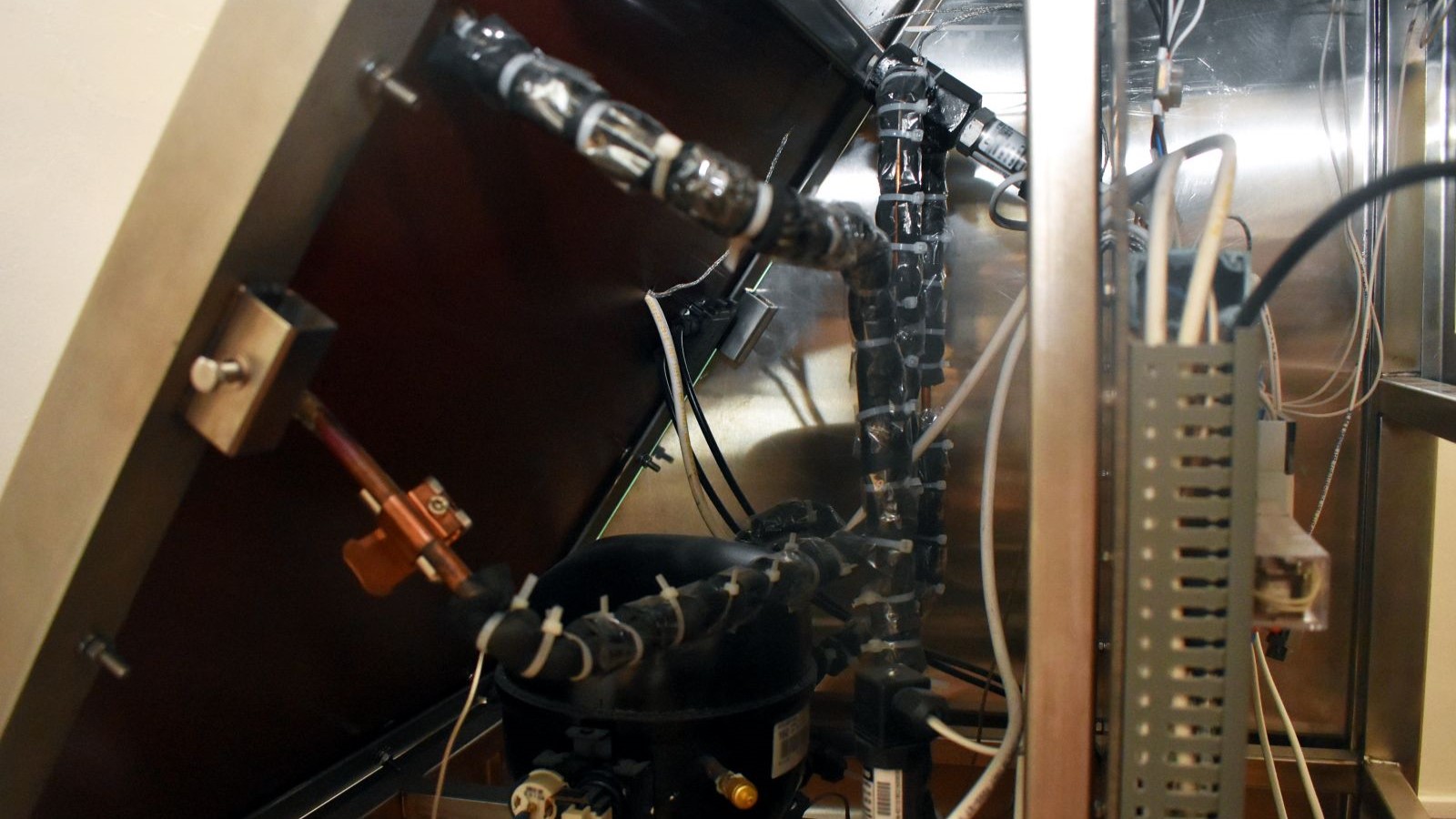Prime Minister of the Republic of Kazakhstan Olzhas Bektenov chaired a meeting of the Energy Council dedicated to the development of renewable energy sources (RES). The meeting was attended by heads of government agencies, representatives of the energy sector, and energy experts.
According to the Ministry of Energy, Kazakhstan currently operates 154 renewable energy facilities with a total installed capacity exceeding 3 GW, including wind, solar, hydro, and biogas power plants. In 2024, renewable energy generation reached 7.6 billion kWh. For 2025, the launch of nine new RES facilities with a combined capacity of over 450 MWh is planned.
In his report, Deputy Minister of Energy Sungat Yesimkhanov noted that renewable energy indicators have surpassed earlier targets. While the original target for 2020 was to reach 3 % of total electricity generation from RES, the share had reached 6.4 % by the end of 2024. These results meet the interim goals outlined in Kazakhstan’s Green Energy Transition Concept.
The Prime Minister was briefed on the current status and future outlook of each RES category — wind, solar, hydro, and biogas. Special attention was given to attracting strategic international investors for the implementation of large-scale projects.
In total, by 2030, 93 renewable energy projects with a cumulative capacity of 2.3 GW are expected to be commissioned. Additionally, under the Power Sector Development Plan through 2035, at least 8.4 GW of RES capacity is planned. For the 2024–2027 period, auctions have been approved for 6.7 GW, of which more than 3.1 GW has already been allocated. In April 2025, Kazakhstan held its first-ever auctions for large-scale wind power projects with energy storage systems.
Kazakhstan’s renewable energy sector is steadily advancing and receives active state support. Current measures include guaranteed purchase of electricity at auction prices, annual indexation, exemption from grid fees, and investment preferences — all of which help foster a favorable investment environment, stimulate new project development, and ensure a sustainable increase in the share of green energy in the national energy mix.
Following the meeting, the Prime Minister instructed stakeholders to enhance support for RES projects. He stressed the need for a scientific and evidence-based approach to their implementation and development. He also emphasized the importance of a transparent and predictable tariff policy and the creation of conditions for greater private sector participation in the construction and operation of RES facilities. Olzhas Bektenov highlighted that administrative barriers which hinder investor access and project execution must be eliminated.


